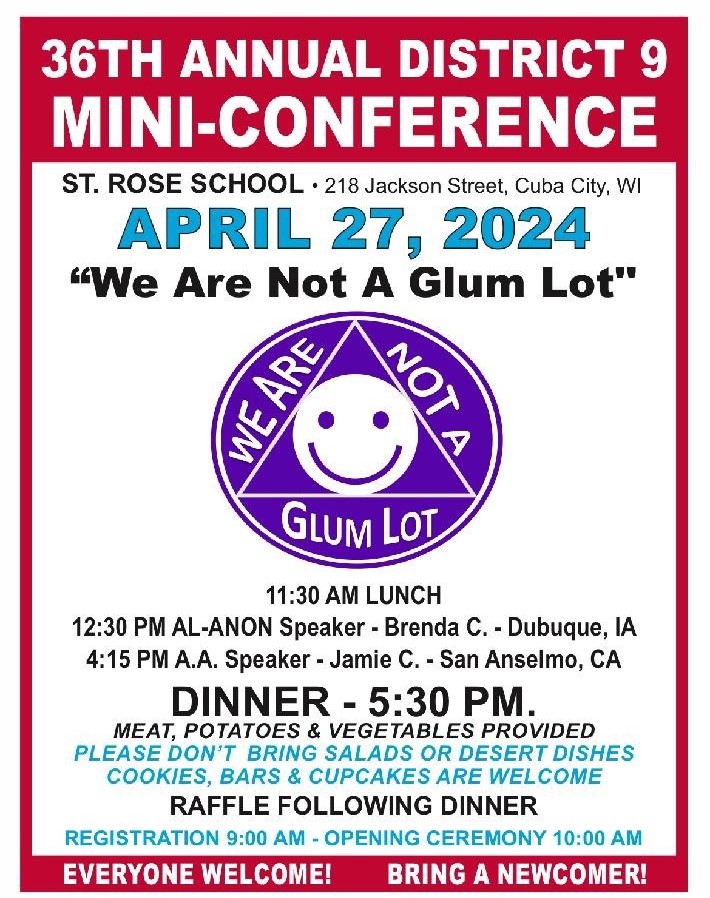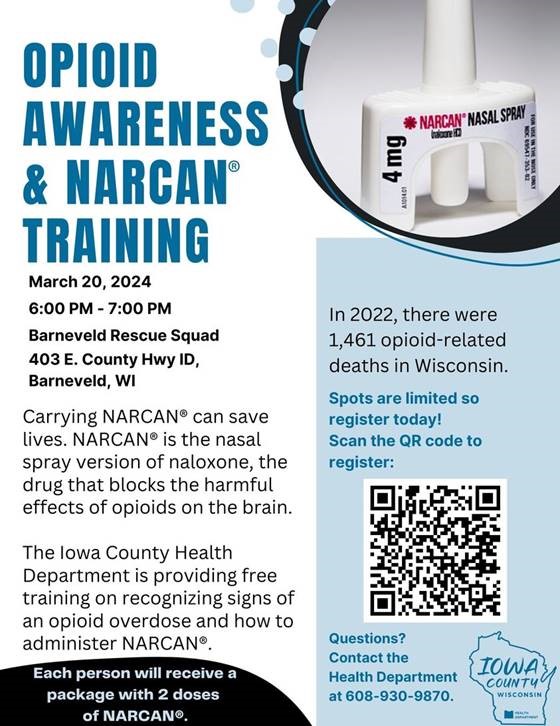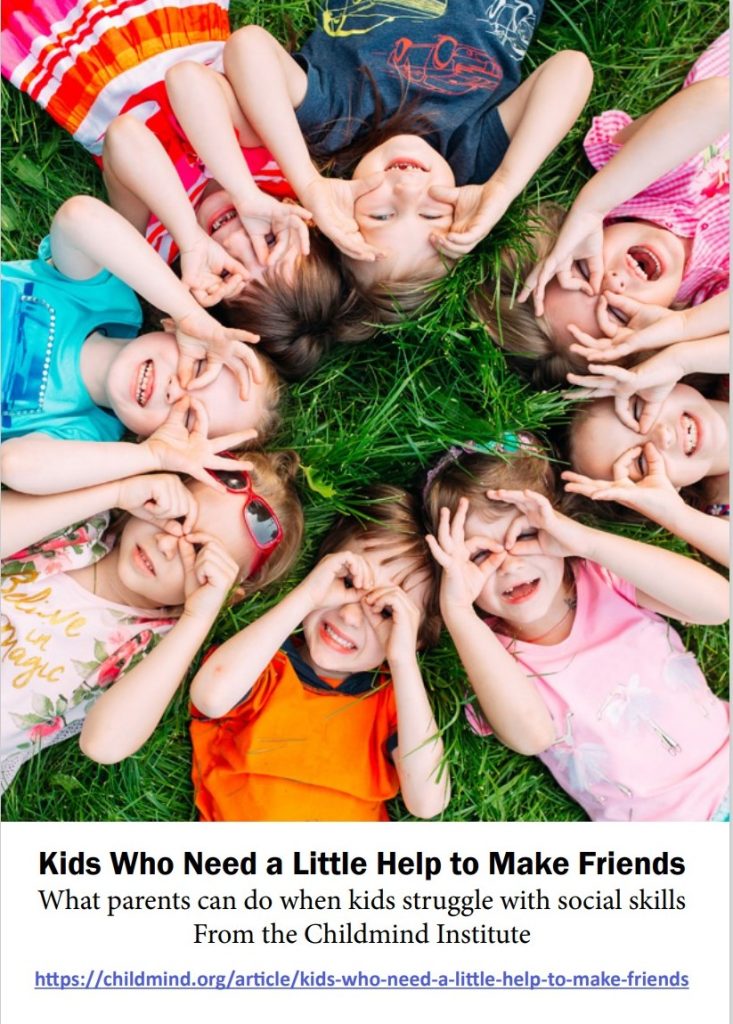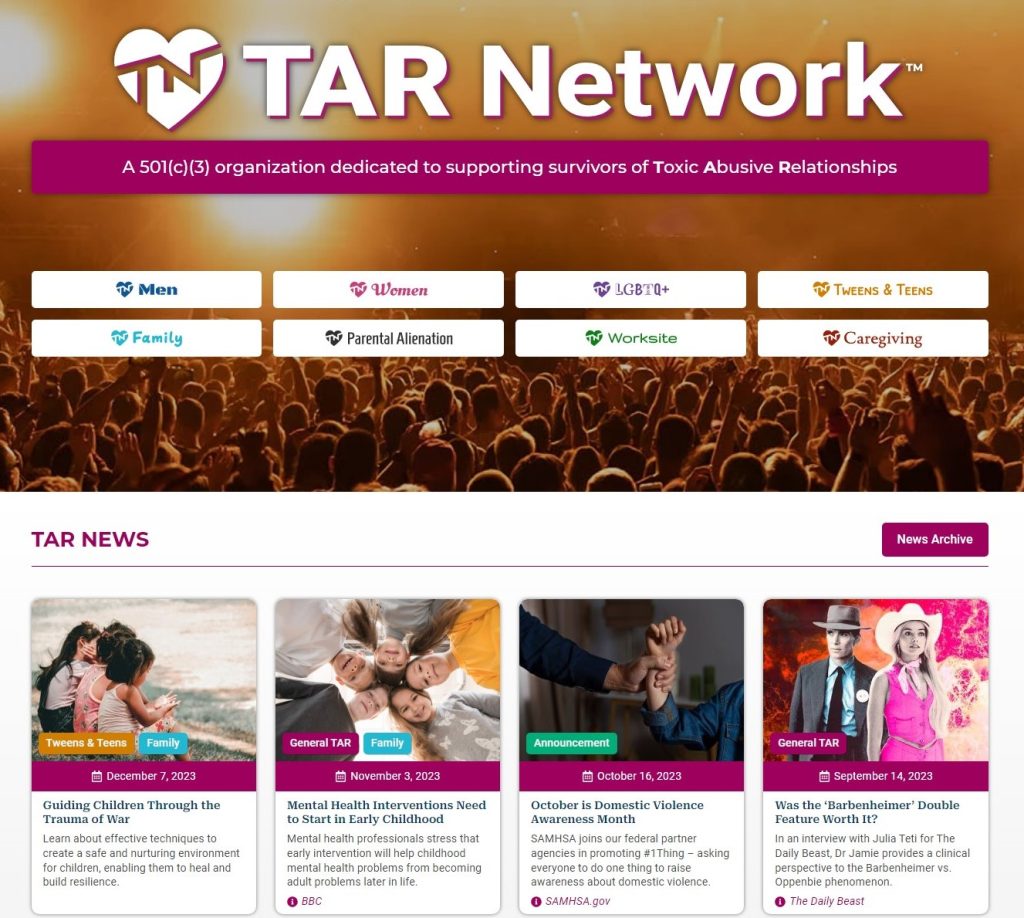



Interested in learning more about opioids and having NARCAN available to help save a life? We are offering another free NARCAN training on March 20, 2024, from 6pm to 7pm at the Barneveld Area Rescue Squad 403 Bus Id, Barneveld, WI.
Anyone is welcome to attend this training on recognizing signs and symptoms of an opioid overdose and how to administer naloxone. Each participant will receive a kit that contains two doses of NARCAN.
Register by scanning the QR code or clicking on the link:
Interested in learning more, but cannot attend this training…Individual training sessions are available by appointment at the Health Department. Call 608-930-9870 for more information/to schedule an appointment.

If you’re ready to be a member of a team that shows up for each other, that takes the time to listen to each others’ needs and volunteer to help balance each others’ workloads, who have healthy boundaries but also aren’t afraid to be vulnerable, who welcome authenticity while inspiring each other to be their very best, who desire being held accountable to invest in and sustain your own health which contributes to longevity and consistency of service, who desire passion and purpose in addition to a paycheck and benefits, then you’re ready for Unified Community Services.
We’re looking to hire outpatient behavioral health clinicians to become part of an already phenomenal team that does heroic and honorable work in Iowa and Grant County.
We’re looking to give opportunities to interns of high integrity who want to immerse themselves in the service of clients who many health systems refuse to serve, who want to apply your knowledge to gain experience and expertise in real world challenges, and who want to build a foundation of professional excellence you can take pride in.
Our success is your fulfillment.
Your flourishing is our clients thriving.
We’re ready to add to our team. Are you ready to be part of it?

Although our habits, patterns, and routines can feel familiar, no day is exactly identical because we are always growing, learning, and changing ourselves! Enjoy the moment you’re in!

Friendships are important to children. If your kid is having a hard time fitting in, there are ways you can help your child make friends.
https://childmind.org/article/kids-who-need-a-little-help-to-make-friends/

Learn more here.

Tired of the New Year’s Resolution game that doesn’t work? Want lasting change when it comes to alcohol and substance use? Reach out today! We can help!
Looking for mental health and substance use awareness training for your organization’s leadership team? We can help!

If you’re dealing with loss this holiday season, please read the article below by Kristen Carpenter, PhD. The link to the full article is below.
“If this is your first holiday season after the death of a loved one, you might be grappling with whether you should carry on traditions while grieving. And guess what? It’s perfectly normal and important to give yourself some grace.
Let yourself feel the way you feel
Feelings are facts. Everyone copes with loss in their own way. Your emotional responses to loss are valid and are part of your unique healing process. Don’t waste energy on feeling ashamed or guilty about your feelings; invest that energy in making concrete efforts to feel better and heal.
Be open to adjusting your holiday traditions
The first holiday after the passing of a loved one is often the hardest, especially if the loss is unexpected.
When a loved one is lost, some families find comfort in the familiar and incorporate a time of remembrance into their holiday celebrations.
Others find the usual traditions too painful, especially if the loss occurred recently. If this is the case, it can be helpful to celebrate the holiday in an entirely different way and consider resuming traditions when you’re ready. You might find it helpful to change the location of a celebration and consider taking a trip or visiting a family member in a different city.
Some prefer to be alone in their grief, and that’s okay too. Simply explain your need to your family and friends, who’ll likely care and understand.
Incorporate a time of remembrance into your holidays
How you celebrate the life of someone who died is unique to you, depending on what the person meant to you and how you feel comfortable commemorating your relationship.
Here are a few ideas:
Have those gathered together share a story or memory of the person.
Light a candle.
Plant a flower or tree.
Visit the person’s grave.
Say special prayers.
Keep photos close; for instance, wear a photo of the person in a locket or keep a picture with you during a special event you wish the person could have attended, such as a religious ceremony or wedding.
Don’t hesitate to seek support from others and don’t be afraid to accept help. Here are some easy ways to make sure your family and friends can help in the most meaningful ways.
Lead the way in letting people know what you need
Be clear about whether you prefer to grieve privately, with the support of close friends or with a wide circle of people accessible through social networks.
Tip for friends: Don’t take to social media to offer support, particularly if someone who’s experienced loss isn’t communicating publicly online. This could lead to you sharing something personal that the person prefers not to share.
Ask a friend to set up a meal train
People love to bring food, but nobody needs three lasagnas on the same day. Online tools make meals easy to coordinate, so this doesn’t happen.
Don’t be afraid to ask for food you can freeze — this can be especially helpful for a parent who’s handling the death of a spouse while raising children.
Write down what you need (the “notecard method”)
The “notecard method” will save you from trying to think of something in the moment and make your life easier when asked by a supportive friend, “What do you need?” or “How can I help?”
Here’s how it works:
Sit down and make a list of what you need, including things for tangible and emotional support. Things like:
Holiday or grocery shopping
Food preparation
Wrapping gifts
Household chores, like cleaning, mowing or maintenance
Get a stack of notecards and write down one item on each card.
When people ask how they can help, hand them a note card or have them choose something they feel they can do.
There isn’t one right way to deal with grief during the holidays
Everyone copes differently and you’ll find ways that are easier or more helpful for you than others. Allow yourself to feel the emotions, listen to yourself during this time and seek help if you need it. Taking care of yourself, sharing memories and being surrounded by supportive people are a few great ways to get through this time, but you’ll have to decide which methods work best for you.
Source: https://health.osu.edu/…/ment…/grief-during-the-holidays
Author Unknown
